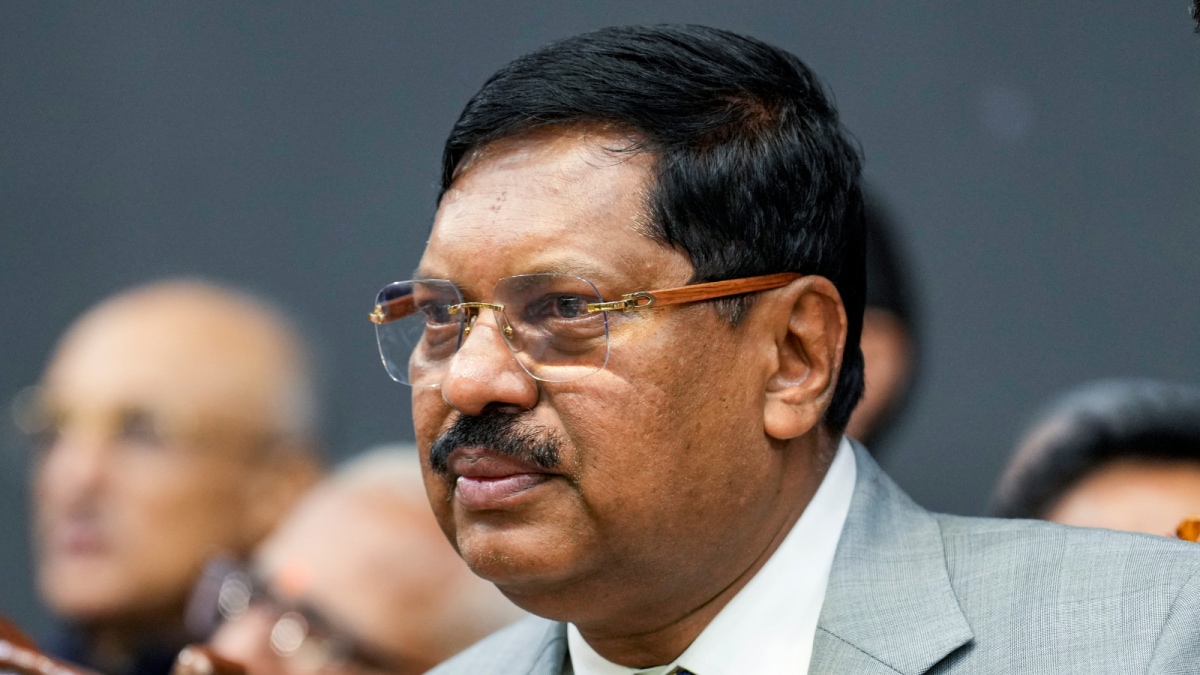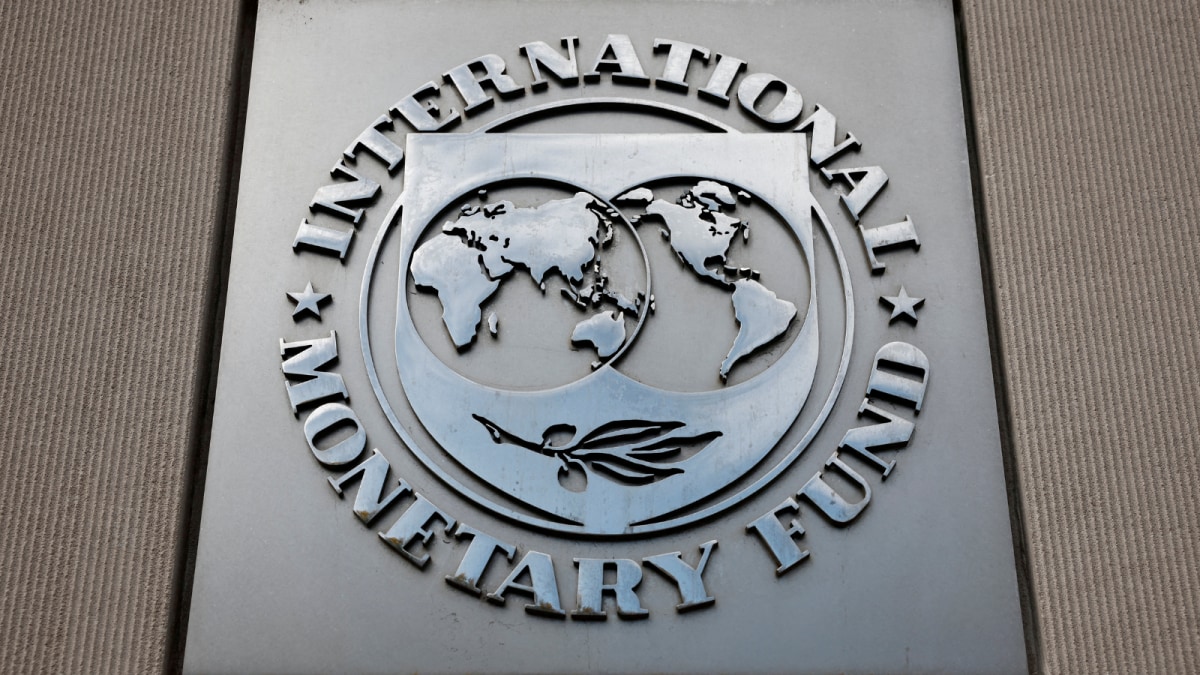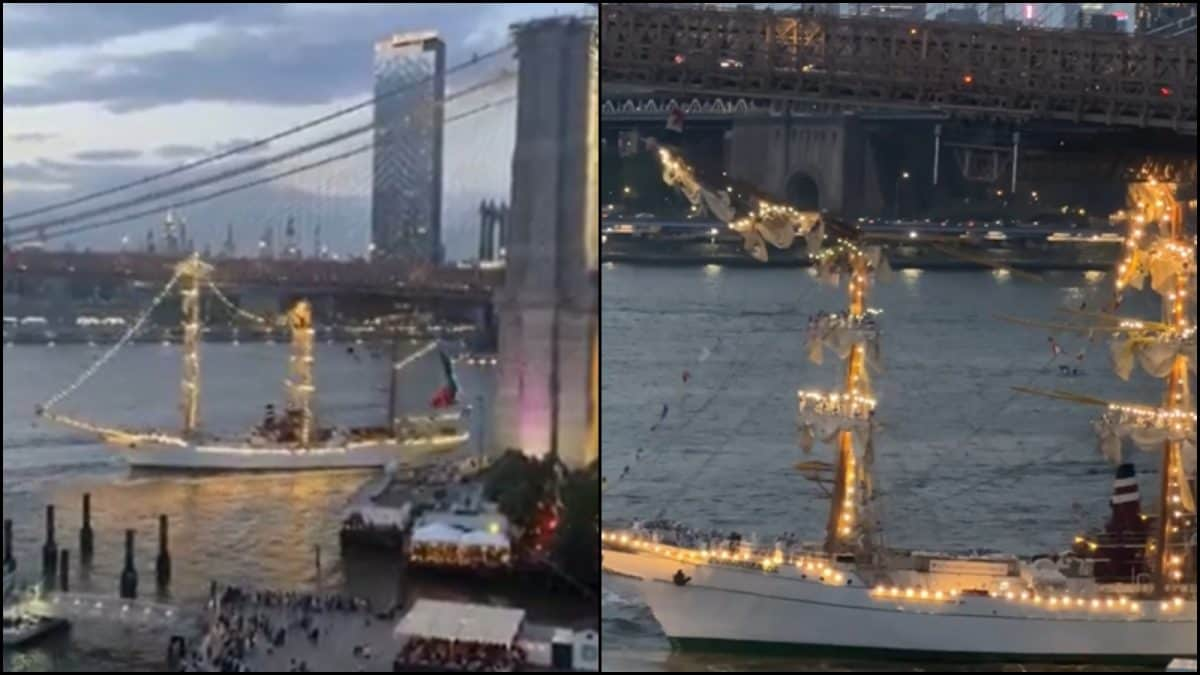Last Updated:May 18, 2025, 14:48 IST
Although India cited “congestion at ports” as the reason, the strategic messaging was almost unmissable and unmistakable

. Both the orders came after Mohammad Yunus, the chief advisor of the interim government in Bangladesh, made a comment regarding India's northeastern region, which did not go down well with the government. (AFP File)
On May 17, the Modi government issued an order restricting imports of several Bangladeshi goods – primarily the garments known as the backbone of the country’s trade – through its northeastern land ports, permitting their entry only via Kolkata and Nhava Sheva seaports.
This is seen as an economic and geopolitical strategy with future implications and international ramifications.
Significantly, it comes just weeks after the Modi government cancelled the transshipment facility granted to Dhaka in 2020, which had allowed Bangladesh to export goods to third countries using Indian ports and airports.
The decisions are crucial because of their timing. Both the orders came after Mohammad Yunus, the chief advisor of the interim government in Bangladesh, made a comment regarding India’s northeastern region, which did not go down well with the government.
The new Directorate General of Foreign Trade (DGFT) notification, dated May 17, mentioned that a cross-section of Bangladeshi exports – ready-made garments, processed food, select beverages, cotton waste, plastic articles, and wooden furniture – are disallowed entry through land customs stations across the northeastern region, including Assam, Meghalaya, Tripura, Mizoram, and parts of West Bengal. Although India cited “congestion at ports" as the reason, the strategic messaging was almost unmissable and unmistakable.
STRATEGIC RETALIATION DISGUISED AS TRADE POLICY
This is not just trade friction in isolation. It is a calibrated tightening of screws, said a senior official. “It is going to have more impact than we can probably imagine as far as their trade and other policies are concerned."
“After the fall of Sheikh Hasina’s government, India really tried hard to balance both sides by sheltering the former PM as part of India’s traditional and conventional value system, while on the other side, the government also tried to build a bridge with the new interim government by working out fresh policies. But the repeated mentions of northeast regions by the chief advisor, despite PM Modi’s caveats, made things worse," he added.
Every time the Yunus-led interim government raises Northeast India’s issues at international fora or finds common cause with China and Pakistan, whether on water sharing, border management, or regional infrastructure, India responds not with words, but with trade or trade-related retaliation.
The cancellations are quiet, clinical, and increasingly habitual. However, they are also telling in terms of implications.
WIDE AND VARIED IMPLICATIONS
For Dhaka, the timing couldn’t be worse. The garment sector – the export-quality material manufactured there – accounts for over 80% of its export earnings. The low-cost access to India’s vast market, especially through some market majors via proximate northeastern states, has been a critical economic lever. The sector has been a fulcrum of Bangladesh’s economy.
With land ports now off limits, exporters must reroute shipments via Kolkata or Nhava Sheva (Maharashtra), spiking both cost and delivery time. These are both seaports which make regular trade slightly unfeasible in terms of cost escalations.
The earlier scrapping of the transshipment facility had already signalled New Delhi’s intent to re-evaluate multiple privileges extended to its eastern neighbour.
TRUST DEFICIT
This isn’t just about trade. It’s about trust. New Delhi is becoming increasingly uneasy about Dhaka’s growing economic and strategic proximity to Beijing and support to Pakistan.
At a time when Chinese investments in infrastructure projects in southern Bangladesh, including at ports and industrial zones, have triggered quiet alarms in South Block, the scenes of high-profile Pakistani delegations travelling to Dhaka and holding strategic meetings have left India uncomfortable. The posturing of the interim government has gone far from being a ‘friendly neighbour’ now, said a source working in a strategic think tank.
“Bangladesh’s repeated positioning of itself as a gateway to India’s Northeast, while inviting greater Chinese presence, has only deepened India’s strategic caution," he added.
India’s latest decision by imposing some restrictions serves both as rebuke and reminder to Bangladesh, stating that market access and logistical cooperation aren’t guaranteed entitlements, but conditional to broader strategic alignment.
Location : First Published:News india Modi Government Shuts Ports For Bangladesh: Decoding The Northeast, China & Pakistan Connection

 4 hours ago
4 hours ago















